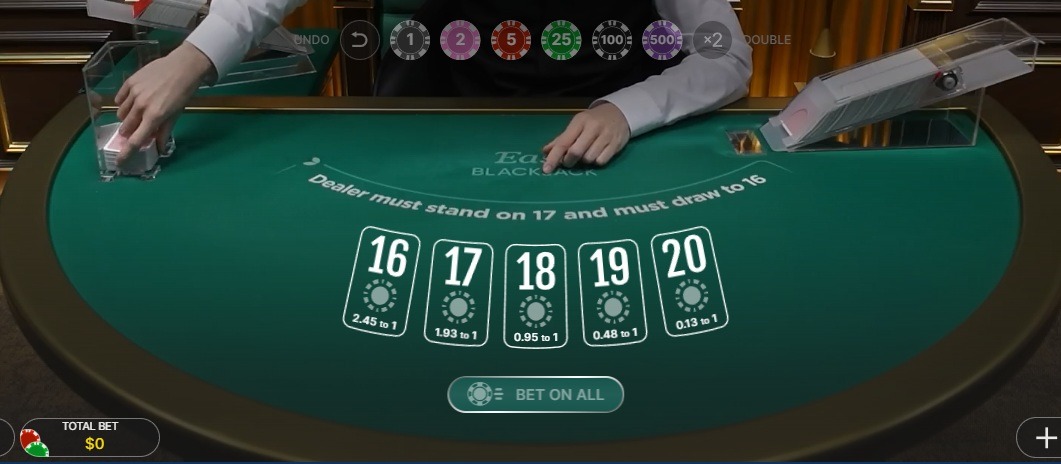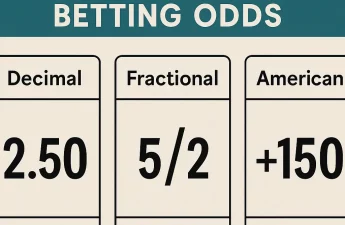Blackjack insurance is an optional side bet you can take when the dealer’s upcard is an Ace. It pays 2-to-1 if the dealer has a blackjack, but it’s a risky bet with a high house edge of around 8.5%. Taking insurance is best when you have a weak hand and the dealer’s upcard increases the odds they have blackjack. However, for the average player, insurance is typically a losing proposition – it’s a gamble without much control over the outcome. Understanding when to use insurance can make the difference between a profitable blackjack experience and a costly one.
Definition of Blackjack Insurance
Blackjack insurance is an optional side bet in the game of blackjack offered when the dealer’s upcard is an Ace. It’s a risky bet due to the high house edge of around 8.5%. Players may place a separate bet equal to up to half of their original wager on the insurance line. This insurance bet pays 2-1 if the dealer has a natural blackjack (21). However, players lose their insurance bet if the dealer doesn’t have blackjack.
The insurance bet is a separate wager from the player’s original blackjack bet. It’s fundamentally a bet that the dealer has blackjack, which means the player’s original bet will lose. While the payout is enticing, the odds of the dealer having blackjack are low, making the insurance bet a poor choice for players in the long run. Understanding the risks and the house edge is vital when considering whether to place an insurance bet in blackjack.
When to Take Insurance
While insurance can be a tempting option, you should only consider it in specific situations. Insurance is a side bet that can potentially minimize your losses if the dealer has blackjack, but it is generally not a profitable long-term strategy.
The best time to take insurance is when you have a weak hand (16 or less) and the dealer’s upcard is an Ace. In this scenario, the odds of the dealer having blackjack are higher, and the insurance bet can protect your initial wager.
| Dealer’s Upcard | Recommended Action |
|---|---|
| Ace | Consider taking insurance if you have a weak hand |
| 2-10 | Avoid taking insurance |
However, it is crucial to recognize that insurance is a gamble, as it’s a bet on an outcome that is not in your control. Experienced card counters may find situations where the insurance bet can be advantageous, but for most players, it’s generally not recommended due to the house’s edge of around 8.5%.
Risks of Insurance Bets
Despite the temptation, you should avoid taking insurance bets in blackjack. The house edge on insurance bets is high, around 8.5%, making them a mathematically unfavorable bet. Furthermore, these bets only protect the current hand, not all hands at the table, limiting their usefulness.
Insurance bets are a gamble on an outcome not under your control, as the dealer’s hole card is unknown. Taking insurance bets can be costly, especially if you don’t have a good understanding of when to use them. Even if the dealer has blackjack, the insurance bet will still result in a net loss for you in the long run, effectively giving the casino a larger share of your bankroll every time.
The risks of insurance bets outweigh any potential benefits, and you’re better off focusing on improving your basic blackjack strategy.
Odds and Probability of Insurance
The probability of the dealer holding blackjack when their upcard is an Ace is approximately 31.5%. This means that when the dealer shows an Ace, you have around a 1-in-3 chance of them having blackjack.
The expected return on an insurance bet is -48.7%, giving the casino a considerable house edge of 8.5%. The more decks used in the game, the higher the odds of the insurance bet being a losing proposition for the player.
Skilled card counters may be able to identify situations where the insurance bet has a positive expected value. However, for the average player, the insurance bet is a sucker’s bet. The exact odds of winning an insurance bet depend on factors like the number of decks and the cards already dealt. In general, the house has a significant advantage on the insurance bet, and it’s usually best to avoid it unless you’re a skilled card counter who can accurately assess the situation.
Online Blackjack and Insurance
Online blackjack games at reputable providers like William Hill Vegas offer insurance bets, allowing players to hedge against the dealer potentially having a blackjack. The insurance bet pays 2:1 if the dealer has a blackjack, but has a high house edge of around 8.5%, making it a mathematically unfavorable bet in the long run. While card counting techniques can help identify situations where taking the insurance bet may be advantageous, this isn’t recommended for casual players.
Experienced online blackjack players generally advise against taking insurance bets, as the odds are stacked against the player. It’s better to focus on improving basic strategy, which can help players maximize their chances of winning the original bet. Online blackjack providers may also offer various side bets, but these typically have higher house edges than the main game and should be approached with caution. Ultimately, while the insurance bet may seem tempting, it’s generally not a good idea for players to place this bet in online blackjack.
Frequently Asked Questions
How Does Blackjack Insurance Pay Out?
If you bet on the dealer’s blackjack and they have it, you’ll get paid 2:1 on your insurance bet. But if they don’t, you’ll lose that bet – so it’s a risky play with a high house edge.
What Does Insurance Pays 2 to 1 Mean?
When you place an insurance bet, it pays 2 to 1 odds, meaning you’ll receive $2 for every $1 you bet. This compensation tries to offset the house edge, but it’s generally not a mathematically advantageous bet.
Do You Get Insurance Back in Blackjack?
If you win the insurance bet in blackjack, you’ll get your premium back at a 2:1 payout. However, if you lose the insurance bet, you’ll forfeit the premium you paid for the coverage.
How Does Surrendering Work in Blackjack?
When you surrender in blackjack, you can forfeit your hand and recoup half your bet if you believe your hand won’t beat the dealer’s. This reduces your potential losses but eliminates your chance to win the hand.
Conclusion
You should only take insurance if you have a strong hand and think the dealer has blackjack. The odds aren’t in your favor, so it’s generally a losing bet. Online blackjack follows the same insurance rules as live games. Remember, insurance is a side bet – it’s best to focus on your main hand and make smart decisions to improve your chances of winning.




